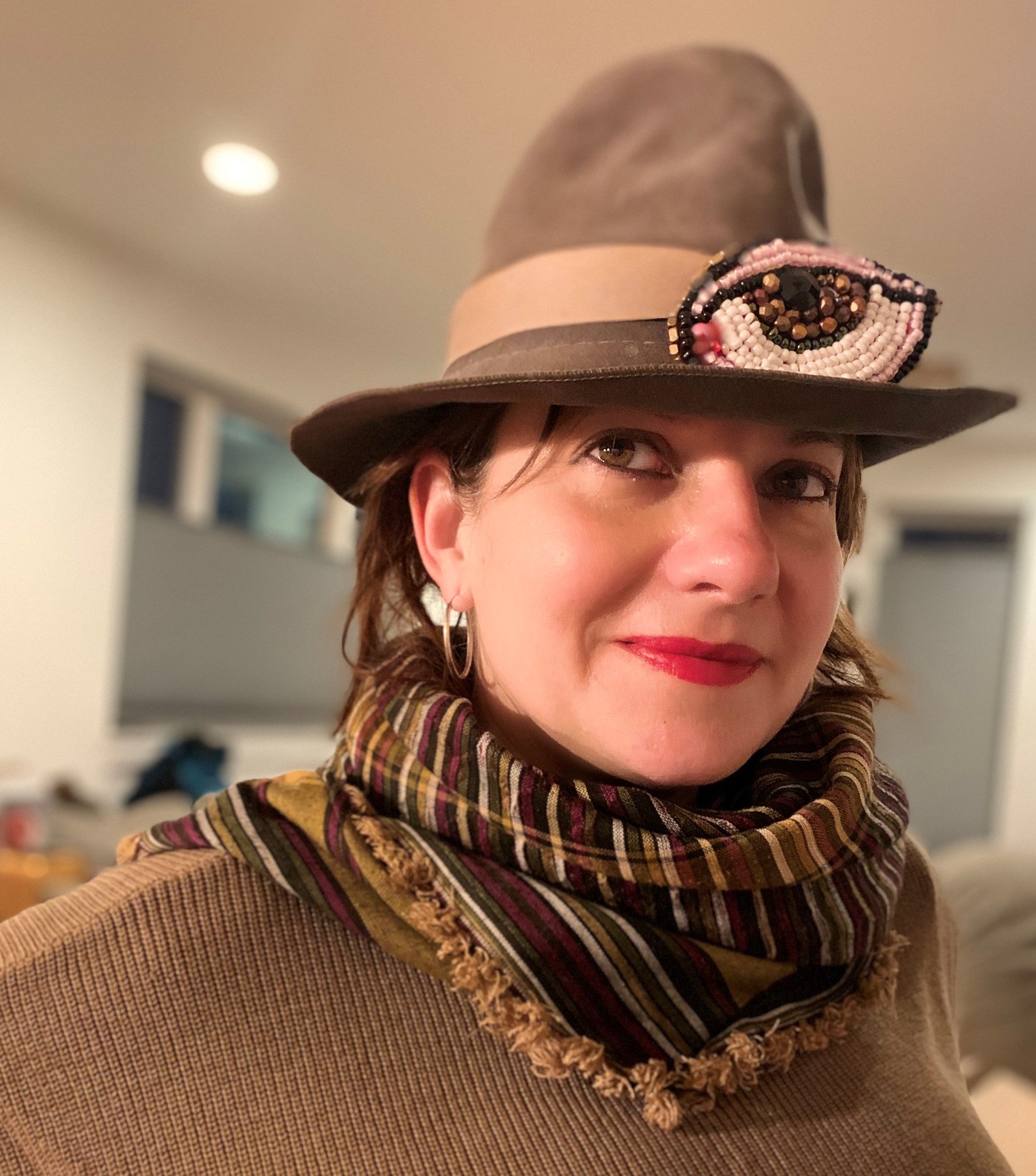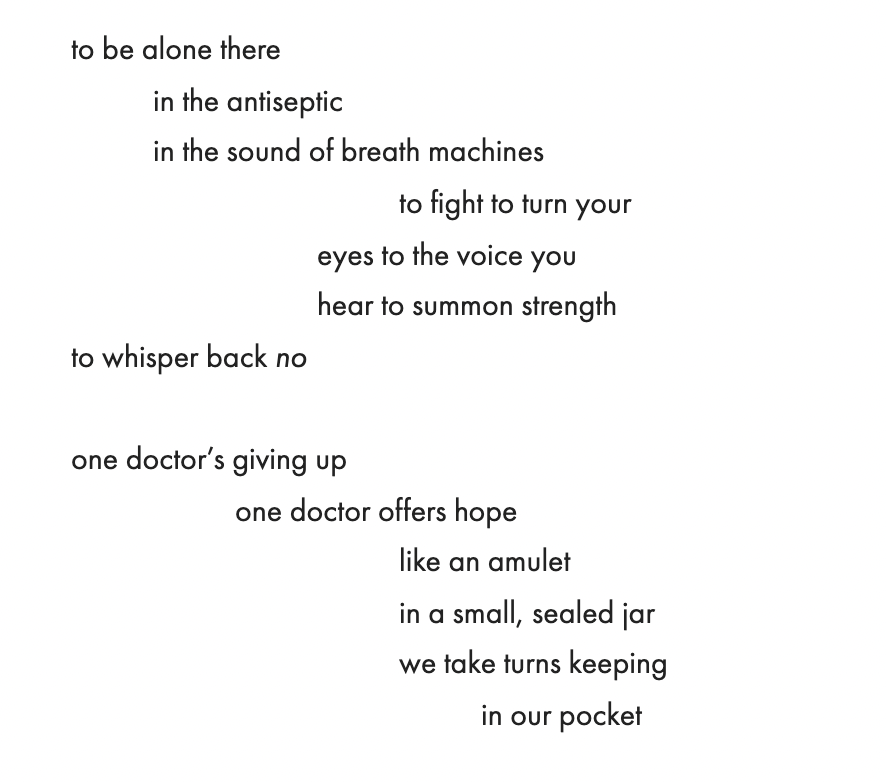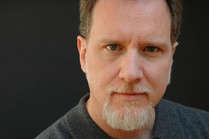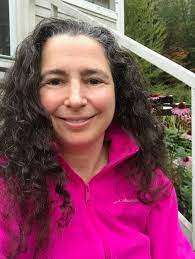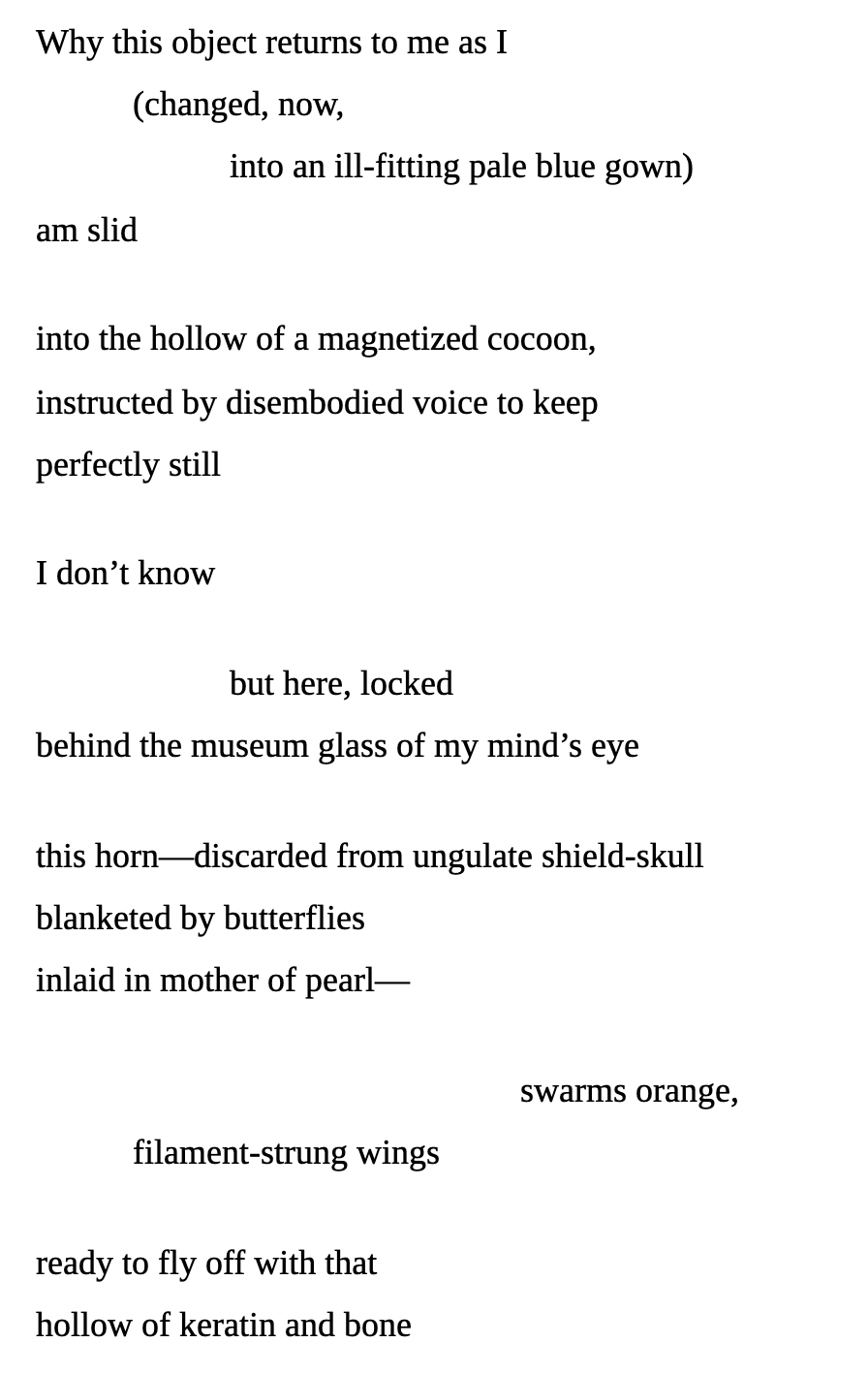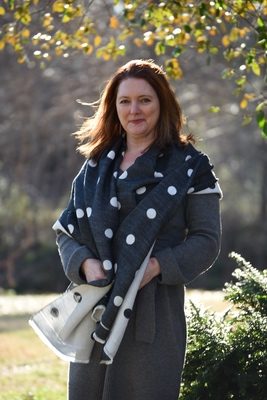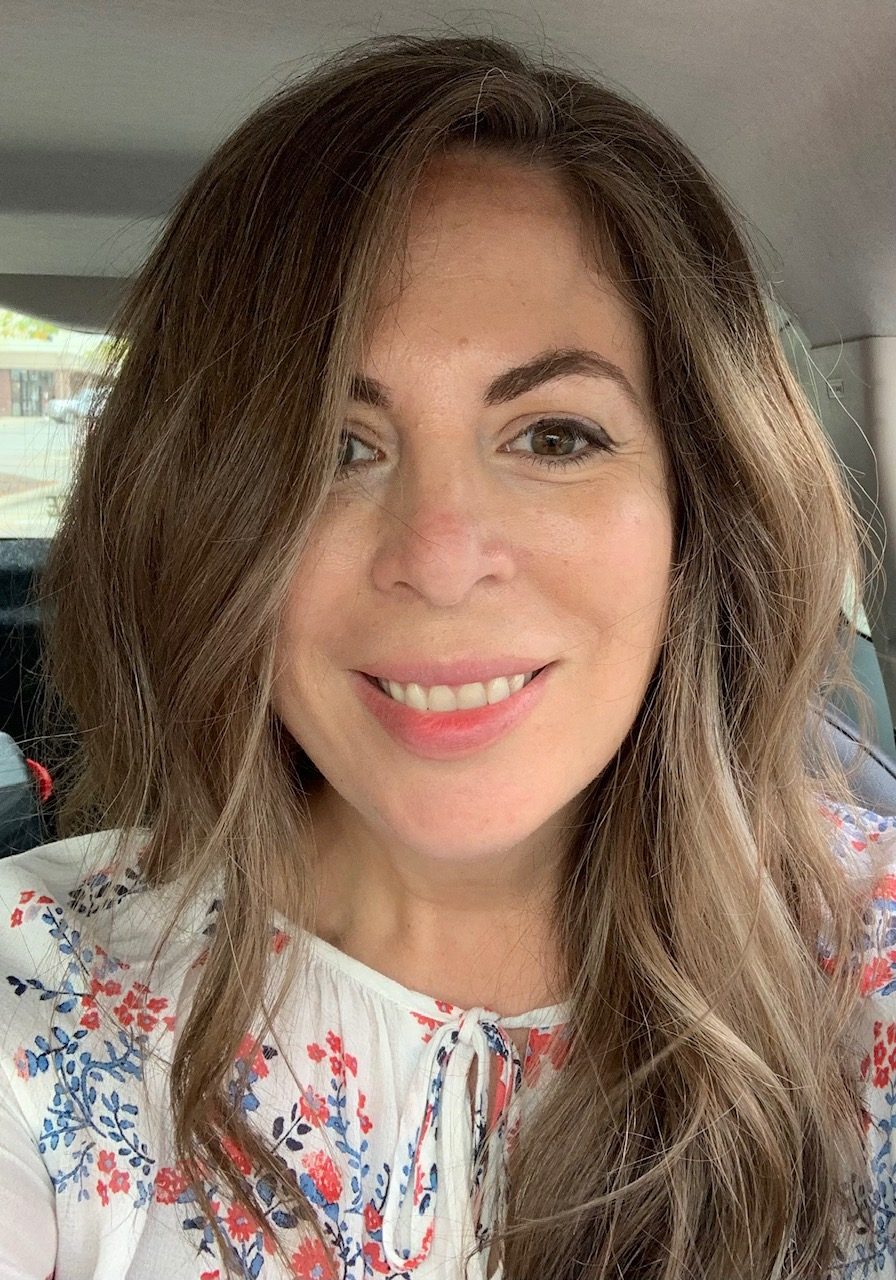A translation by poetry alum Abigail Wender recently appeared in No Man’s Land. Read an excerpt of “Who, If I Cried Out?” by Iris Hanika, below:

Who, If I Cried Out?
[trans. Abigail Wender]
WHEN ROXANA GOT HOME, she heard voices in the kitchen, and when she hung her keys by the door and carried her shopping into the room, she saw a new face — and the world’s hammer struck destiny’s gong or the opposite, destiny’s hammer struck the world’s gong. Either way, at that moment everything changed. One could say it was as if she’d sustained an electric shock that brought her body to the limit of its electrical capacity; or as if the planet had suddenly changed direction, which made her head spin. One could also say that the earth broke open and hellfire blazed up her legs, or the heavens opened and divine rays of light blinded her. A comet struck earth; the ice cracked wide under her feet; she had been hurled into a new universe; Albert Speer’s Schwerbelastungskörper had fallen on her head —
something of that sort. Put simply, in the instant she saw the new face, a guillotine was released, its knife making a precise cut that marked an epoch of her life. From then on there was a before and after, and she would always know the exact moment in which her life had been radically altered: when I came home after shopping, he sat in the kitchen, and from then on everything was different.
“Hello, here you are,” was what greeted her. “Roxana, this is Josh.” He stood up immediately (“Josh, this is Roxana”), beamed at her and held out his hand to pull her from the before into the after. But it was not so easy to grasp that hand — nothing was normal now and even the smallest action required careful thought and planning before it could be undertaken.
First she needed to put down her groceries. And for that she had to turn away from this new person, and that took some time because she wanted nothing more from life than to look at that face forever. With effort, she spun around to put her bag on the counter between the stove and refrigerator. At last her hands were free, and she turned and took his hand, which pulled her safely and definitively into the hereafter — which quickly changed into the never-ending present.
“Hello,” he said, “I’m Josh.”
“Hello,” she said, “Roxana. My pleasure.” She didn’t let go of his hand immediately in order to completely absorb the face that everything now would depend on. And yet she couldn’t see the face clearly as it was a bit too near for her age-related, weak eyesight. So she let go of his hand and put her glasses on to study it exactly. She saw all his pores, lines, hair, and bumpy skin very distinctly. But that didn’t help a bit, it was just a face. Except it tunneled through her to a place that she hadn’t known was still there. She took the glasses off and Josh’s face changed back into a young prince’s.
Read this work in its entirety here: https://www.no-mans-land.org/article/who-if-i-cried-out/





